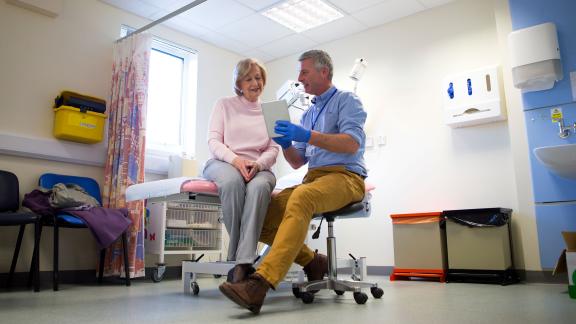SAS induction checklist
Our checklist aims to support employers in providing specialty and specialist doctors with a smooth transition into their new role and can be used alongside existing induction programmes. The purpose is to ensure that SAS doctors are made aware of guidance, resources and tools available to them to support them throughout their employment.
You can download and save copies of our checklist to use locally. The checklist covers induction to the organisation, department, communications and development.
Additional support for SAS doctors
As well as having access to a SAS advocate/lead, buddying is a great way to support new SAS doctors and to help them settle into their new role.
You may also wish to consider establishing a peer support network for SAS doctors, which will allow them to meet other doctors across the organisation and not just in their immediate work area.
Allocating a supervisor and/or mentor can also help provide SAS doctors with ongoing support and guidance throughout their employment. Mentoring can be an effective way of fostering the professional and personal growth of a developing SAS doctor and where recognised mentoring courses are available, they should be identified on appointment. Mentors should be assessed in the same way as educational supervisors.
Follow up
Individuals may need further support after their immediate induction, and it is advised that employers follow up with SAS doctors three and six months after having taken up post.
New starters can also help improve your induction process. By gathering feedback on the experience of induction from new starters, you will ensure that staff are receiving everything they need.



